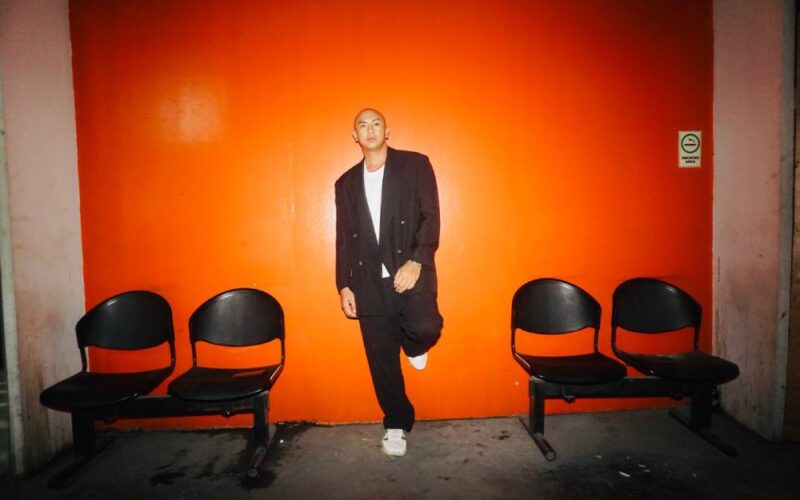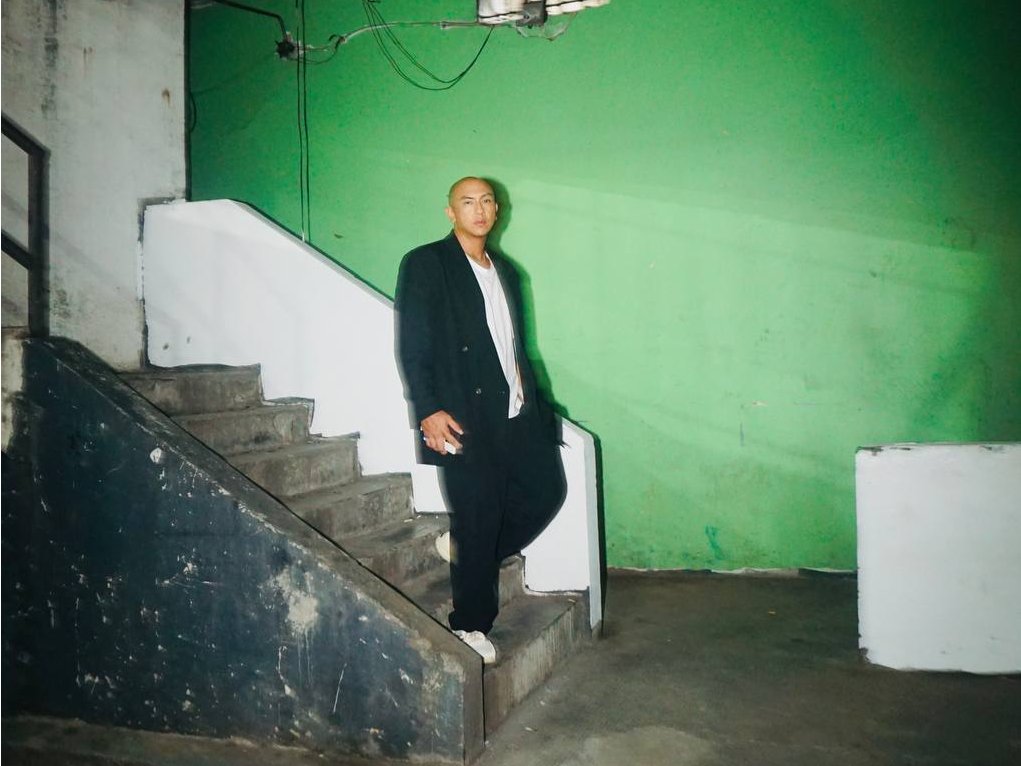For most of the year, film, television, and reality TV producer Nikolo Juban finds himself waking up in some of the country’s most beautiful islands. And while there certainly is leisure in that, the vice president of Philippine Film Studios Inc. (PFSI) quickly reveals that it’s all part of a day’s work for him and his crew as they transform these stunning vistas into world-class filming locations — one international project at a time.
By Jose Paolo S. dela Cruz
Whether it’s in Caramoan, off the coast of Camarines Sur, or San Vicente or El Nido in Palawan, endless seas and clear blue skies are no longer strange sights for Nikolo, who joined the family’s film production business some 16 years ago.
But let not these paradisiacal settings fool you. Upon closer inspection, one would see dozens, if not hundreds of crew members and support staff — both local and foreign — hard at work to capture some of the most amazing moments for international television.
“It’s a fast-paced environment where we make the most of the day and stick to a schedule,” starts off Nikolo, who has produced a total of 52 seasons of Survivor, among other projects. “But, as I tell my crew, it’s also quite a blessing to do something creative, something that you love doing, in such a setting. Not many get the opportunity, and I for one, am grateful for it.”
His gratitude is well-placed. And it goes beyond mere profits or bottom lines.
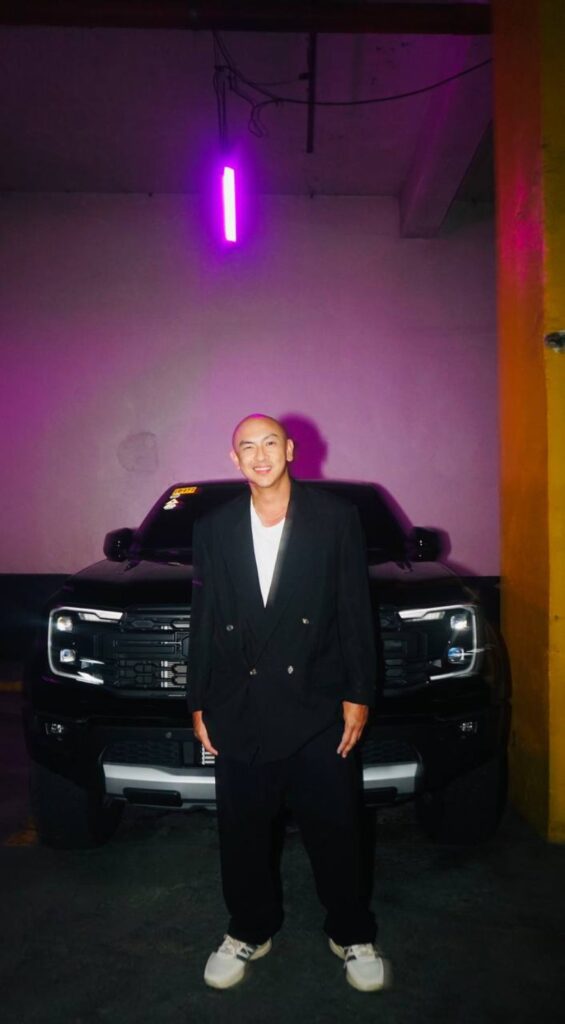
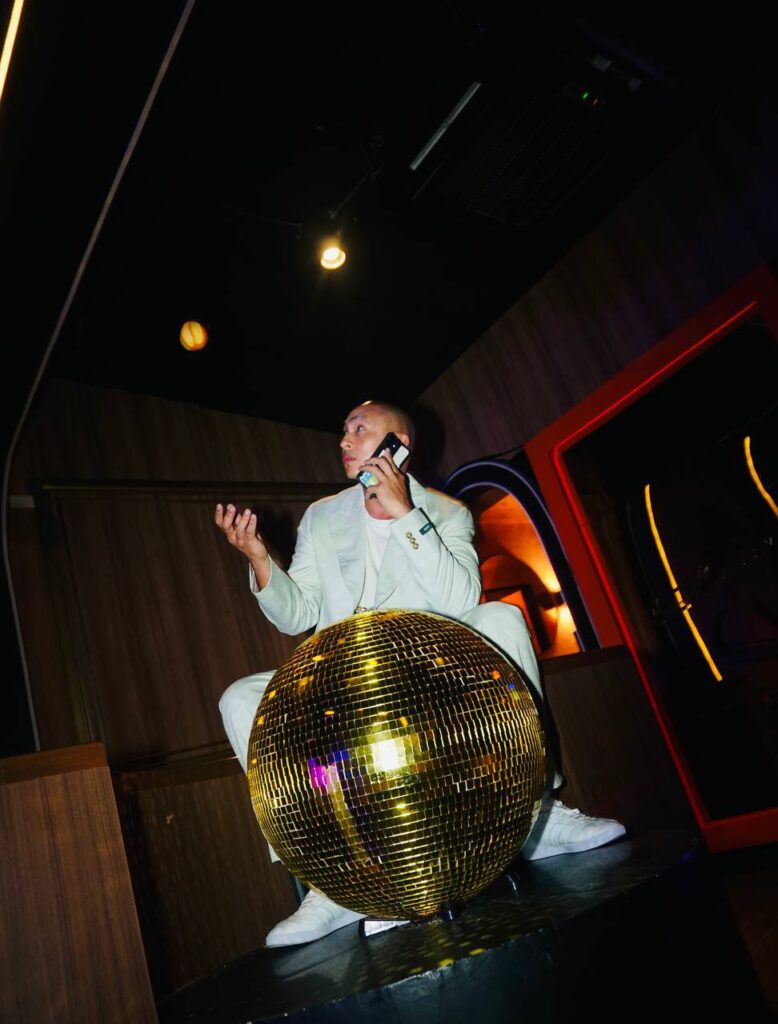
“For one, it showcases the beauty of our country. Imagine being stuck in the middle of winter in, say Sweden, and coming across an episode of Survivor in Caramoan. It’s not unlikely that you’d just want to pack your bags and fly here,” he says with a smile.
These film productions, according to him, have also given the Philippines’ rich pool of creative talents — ranging from directors, producers, editors and more — not only a steady and reliable source of income but even a sense of pride.
“Aside from our competitive rates, international outfits also choose to work with us for our pool of talents, who are not only creative and dependable, but also speak fluent English,” says Nikolo.
On top of these, the producer points out these productions are also able to help uplift surrounding communities, whose residents they also employ.
“Since we work in remote areas, we try our best to source our needs within the community. This gives them a source of livelihood and even valuable experience, should some of them want to go to Manila and work for other outfits,” he expounds.
Caramoan, which has been the backdrop of many a Survivor season, is one such proof of how the rising tides of international film productions have lifted many boats in the Philippines.
“When I started shooting here some 15 years ago, it was basically a fishing village. There was one hotel and nothing else, not even a restaurant. Now you look around and you see so much progress,” he narrates. Some kids, he adds, have even grown up to be part of the crew for new projects in recent years.
A family affair
While Nikolo and his siblings are now actively involved in the business, he quickly returns the praise to his visionary father, Lope “Jun” Juban Jr., the award-winning executive producer and founder of PFSI.
“In many ways, it’s really a family legacy. My grandfather started all these as a supplier of prop guns for action films in the early days, while my uncle [Dennis Juban] opened the floodgates of international production in the country before my dad took over,” Nikolo explains.
One could say that PFSI entered the big time in the late ’70s, when Dennis brought a piece of Hollywood into the Philippines for the Martin Sheen and Marlon Brando-starrer Apocalypse Now, which was filmed in Baler by the legendary Francis Ford Coppola. In doing so, he put the country on the map as a viable location for international production outfits.
Eventually, Dennis’ younger brother Jun established PFSI — an offshoot of the former Philippine Motion Pictures, which the Jubans established a few years prior. Nikolo, along with his siblings Pox, Santi and Chinna are now building on their dad and uncle’s legacy by playing an active role in the production outfit, which shoots multiple shows in various parts of the country at every given time.
More than 40 years later, PFSI continues to dominate the industry as the biggest, most experienced and most successful international film production company in the Philippines. From Tom Cruise’s Born on the Fourth of July, which was shot in Vigan; to Charlie Sheen’s Platoon, which was filmed in Mount Makiling near Los Baños, Puerto Azul, Maragondon and Villamor Air Base; all the way up to the 2012 Hollywood action thriller The Bourne Legacy, which was captured in the streets of Manila — the list goes on for this successful production outfit.
Owing to the country’s breathtaking beaches scattered across more than 7,100 islands, PFSI has also filmed and recorded more than a few dozen Survivor editions, which have been watched by millions of viewers from the US, Europe, Asia and other parts of the world. It has also been part of notable reality franchises such as The Amazing Race and many other titles from Japan, Korea, Israel, Sweden, the U.K., France, Denmark and the Netherlands, among others.
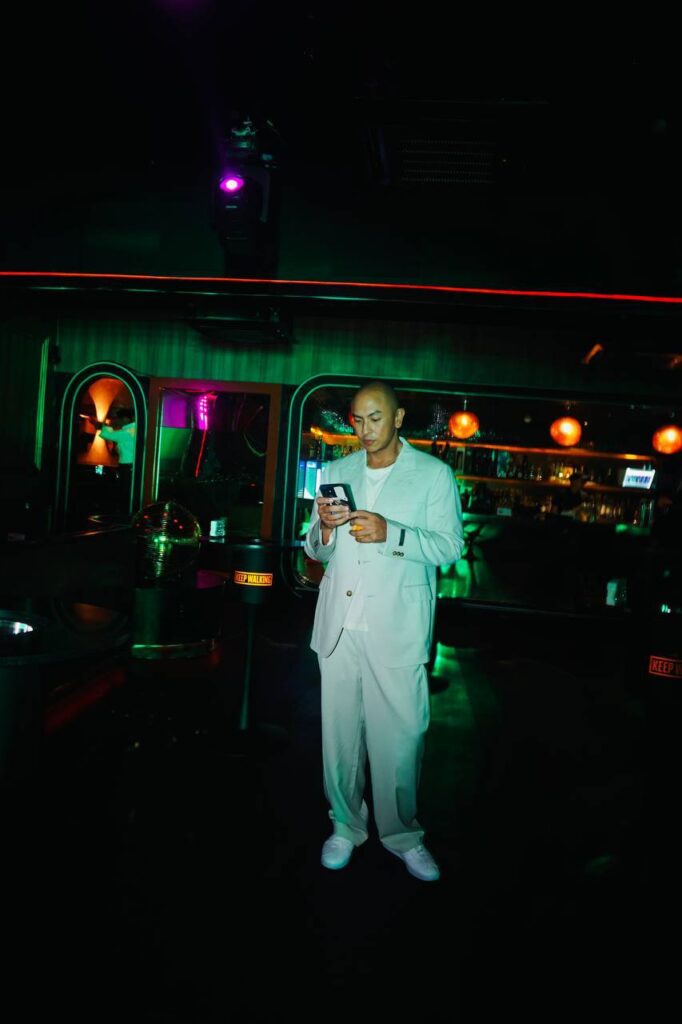
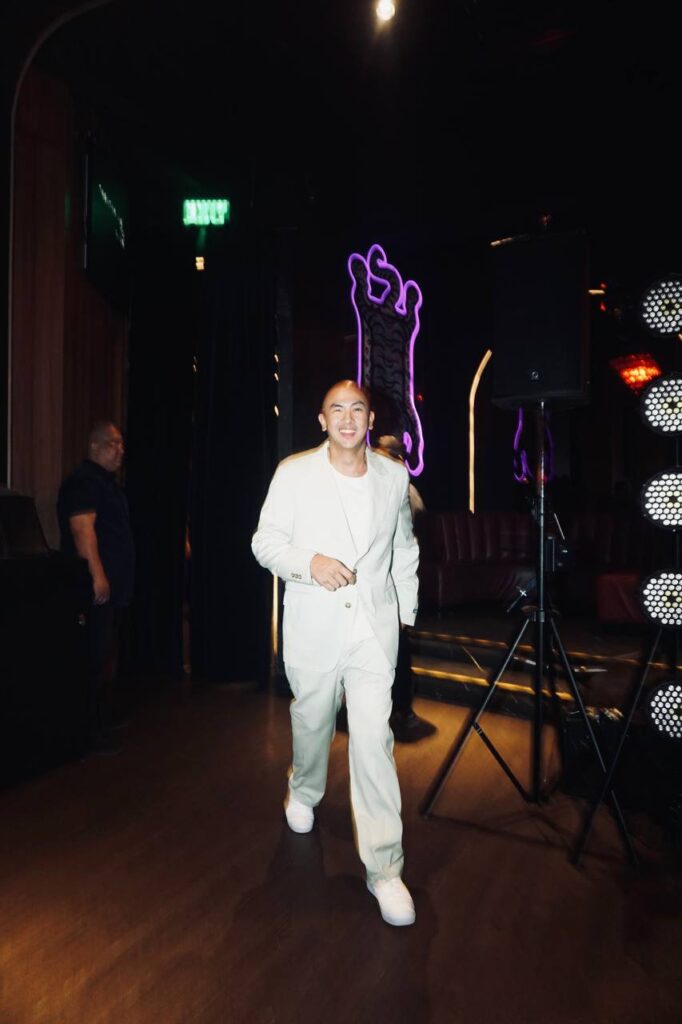
An even longer list
While PFSI’s filmography is undoubtedly impressive, Nikolo admits that the list could have been longer.
“Unfortunately, the Philippines sometimes loses out to countries like Thailand or Costa Rica, which offer more generous tax rebates and incentives for foreign film outfits. It’s a good thing though that we have an amazing pool of bilingual talents, who offer their services at competitive prices. That kind of evens out the playing field,” he explains.
Infrastructure has also proven to be challenging for international outfits who want to film in the Philippines. One such movie that got away, according to Nikolo, was The Beach, starring Leonardo DiCaprio. It was supposed to be filmed in El Nido, before ending up in Ko Phi Phi Le in Thailand.
“It was in the late ’90s and there weren’t many hotels in El Nido. They couldn’t accommodate the requirements of the shoot, which could have flown in around 200 foreign tourists and filmmakers,” he says.
Despite these, Nikolo — who also co-owns a local production company called N2 with Boy2 Quizon and Neil Arce, and a string of bars and clubs such as Kampai and Nokal (in Makati) and Alpas (in La Union) — is optimistic that more international productions will come, not just for PFSI, but for the entire industry.
On a personal note, he dreams of producing a prestige, scripted project for the likes of HBO, Amazon or Netflix.
“If there’s a bucket list, so to speak, I’d want something like The White Lotus or even an epic fantasy series like Game of Thrones. We have the locations and manpower for it. On an even more personal note, I’d love to work on a superhero movie with Marvel or DC,” says Nikolo.
“I used to hold these things closer to my chest back then, but I’ve observed that the more I say it, the more things happen.”
Well, if the universe is listening, here’s one wish most certainly worth granting.
Photography by HYPERAKTIB
Shot on location at Nokal, Makati City

